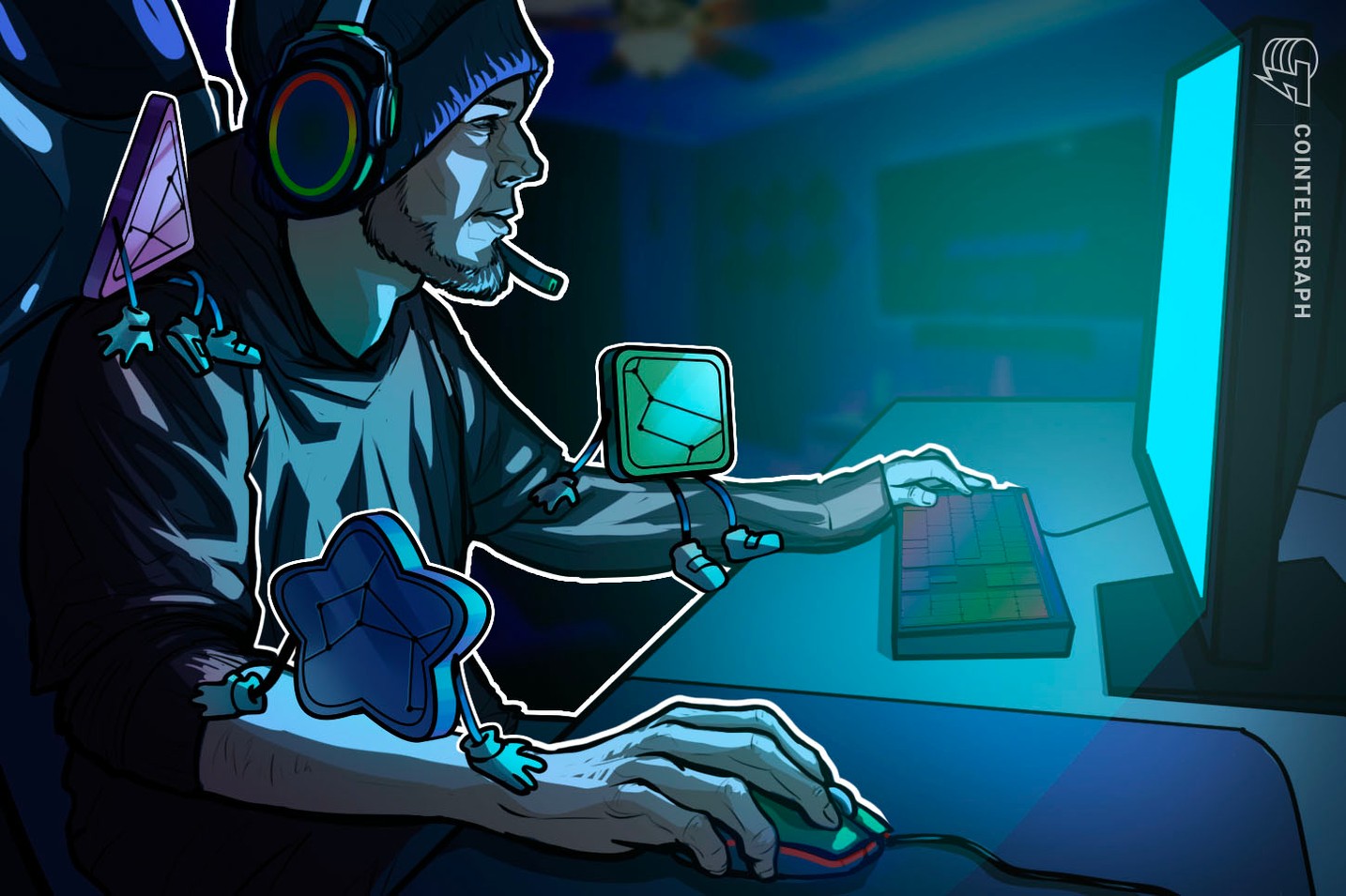
Counter-Strike 2 Patch Causes $2 Billion Loss and Sparks NFT Discussion
The recent update to Counter-Strike 2 has significantly impacted its skin market, raising questions about control in gaming economies.
A significant update to the mechanics of Counter-Strike 2 has substantially diminished its cosmetic items market, erasing nearly $2 billion from its total of $5.8 billion. This change has reignited discussions regarding central authority in gaming.
According to a report from Esports News on October 8, the skin market for Counter-Strike 2 had reached an unprecedented value of approximately $5.78 billion. However, a report from Eurogamer revealed that nearly $2 billion vanished following the latest update. The game’s developer, Valve, altered the trade-up system, allowing players to exchange five low-rarity skins for a knife or gloves—once extremely rare items—leading to an abundance of these items and a subsequent price drop. The value of skins themselves surged as demand increased.
This situation is among those that prompted Vitalik Buterin, co-founder of Ethereum, to create blockchain technology. Reflecting on his past experience with World of Warcraft, he remarked:
“I cried myself to sleep, and on that day I realized what horrors centralized services can bring. I soon decided to quit.”
A recent six-month price chart illustrates fluctuations in the skin market, emphasizing the impact of centralized changes on player assets.
Blockchain solutions are being considered amid this criticism of centralized gaming economies. Although there is considerable opposition to NFTs (non-fungible tokens) within the gaming community, they might provide solutions to issues like the recent crisis.
General Partner Martin Kupka from Win Win remarked:
“As long as a single entity develops and operates a game, it’s almost impossible to prevent events like this.”
He advocates for community councils to enhance decision-making transparency.
Catie Romero-Finger, the CEO of Babs, commented on the situation:
“This is a harsh reminder that even billion-dollar economies can be built solely on borrowed trust.”
She argued that blockchain technology could replace unilateral control with transparent coding.
Lastly, several prominent figures in the gaming community agree on the necessity of greater transparency and immutable systems as gaming continues to evolve and aspire to match real-world economies.
